 You know when you are in a job you like. You also know when the tasks you’re doing just aren’t right for you.
You know when you are in a job you like. You also know when the tasks you’re doing just aren’t right for you.
What lies behind our feelings of job satisfaction or job dis-satisfaction are our fundamental work interests: Those are the things we enjoy doing, whatever the industry or the job title. One of the ways to find career satisfaction is to identify your core interests and match your job to them.
Finding Your Core Interests
John Holland developed a popular theory of interest development based around these six personality types.
1. Realistic (R):
These are people who like well-ordered activities, or enjoy working with objects, tools, and machines. They tend to see themselves as mechanically or athletically talented and value concrete and tangible things.
2. Investigative (I):
Investigative people like activities that involve creative investigation of the world or nature. They tend to see themselves as highly intelligent and analytical and value scientific endeavors, research and precision.
3. Artistic (A):
Artistic people like unstructured activities, enjoy using their imagination and materials to create art and They tend to avoid “conventional” occupations or situations and value creativity and aesthetics.
4. Social (S):
Social people enjoy informing, training, developing, curing and enlightening others. They tend to perceive themselves as helpful, understanding and able to teach others and value people activities.
5. Enterprising (E):
These people enjoy reaching organizational goals or achieving economic gain. they tend to see themselves as aggressive, popular, great leaders and speakers and value political and economic achievement.
6. Conventional (C):
Conventional people enjoy manipulating data, record keeping, filing, reproducing materials, and organizing written or numerical data. They tend to see themselves as having clerical and numerical ability and value efficiency and practicality.
Use This Model To Help You:
- Choose a career that suits you.
See Guide to Holland Codes and read the descriptions and find the one you most identify with. You can also take a free Holland Code Quiz
- Shape your existing job to increase your satisfaction.
First look at the main tasks and responsibilities of your present job. List those responsibilities that are aligned with your personality type in one column and those that are not in another. Use this to decide whether your job is a a great fit, a good fit or a poor fit for you. If it’s not a a great, or at least a good match, talk with you boss and come up with ways to make it better. Usually most jobs have flexibility.
Career Success Tip
Remember this is a model – a useful way of understanding oneself – but it can’t possibly capture all of the complexities of an individual’s personality. Make sure that you interpret any conclusions with common sense. Also, as you develop in your career, you’ll need to extend your skills into new areas. In particular, as you take responsibility for people and move upwards, you’ll need to develop the social and enterprising abilities.
Ask Marcia if you want to know more about the Holland Codes and how to connect your career and your personality.
Do you want to develop Career Smarts?
- For more resources, see the Library topic Career Management.
- Start with the Career Success System.
- Sign up for Career Power: 101 success tips.
- Fast track your career. Be part of a Success Team.
- Need a speaker? Get the Edge Keynotes-webinars-workshops.
- Find career and leadership boosters in the Smart Moves Blog.
- Copyright © 2011 Marcia Zidle career and leadership coach.
 Sections of this topic
Sections of this topic

















